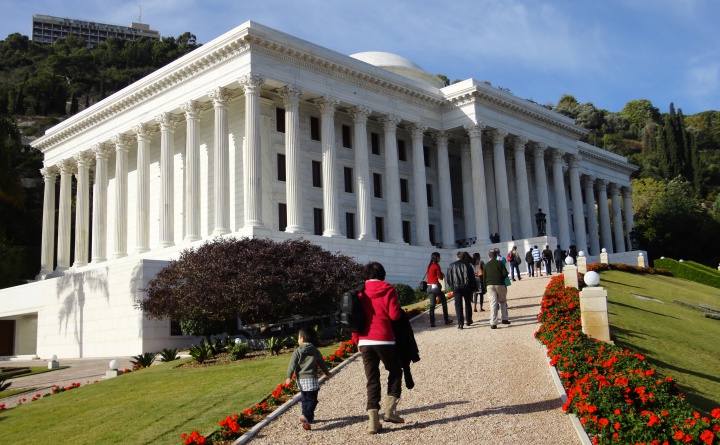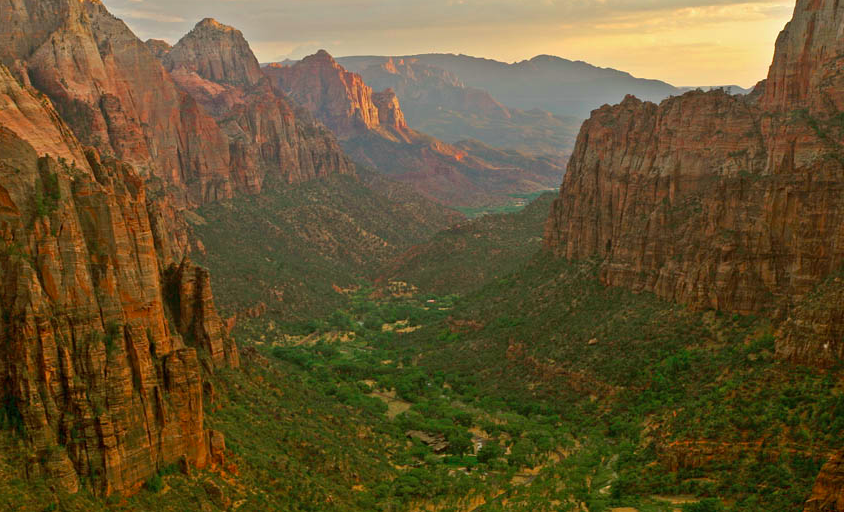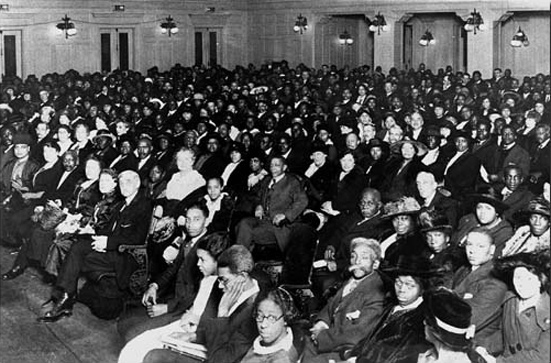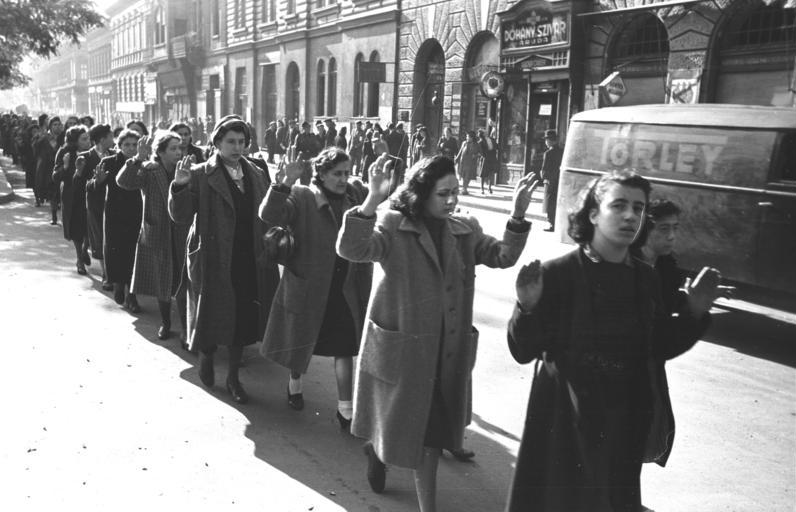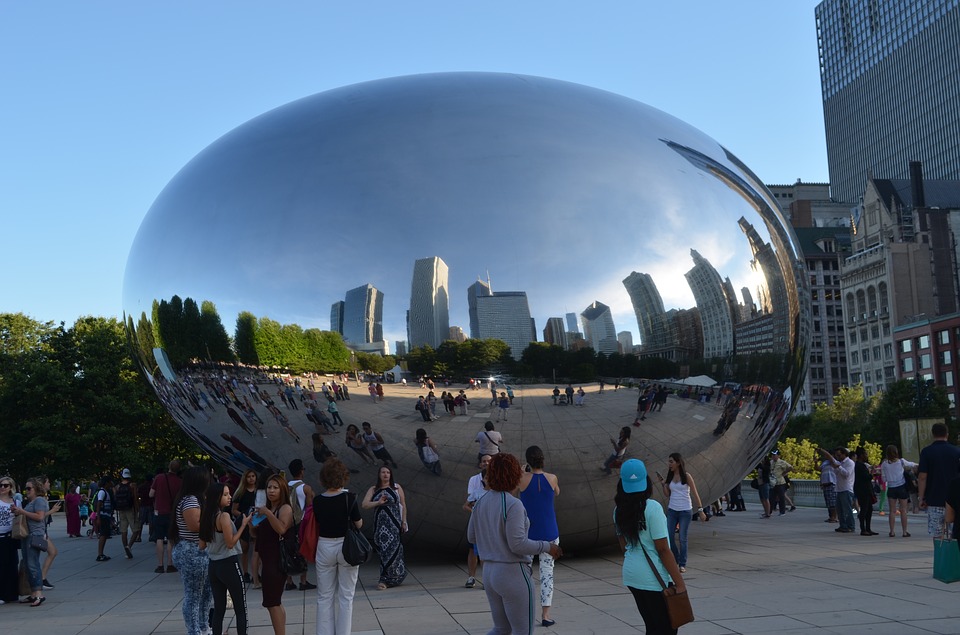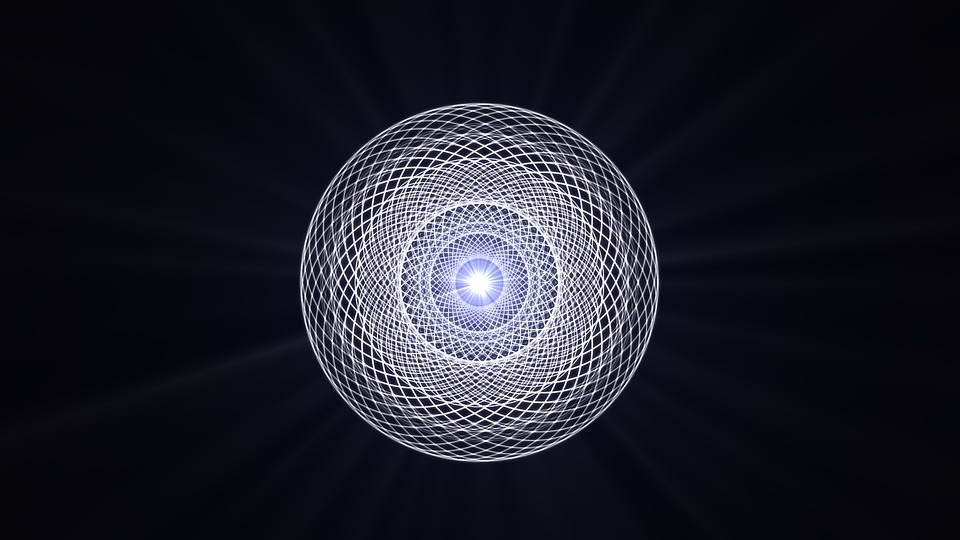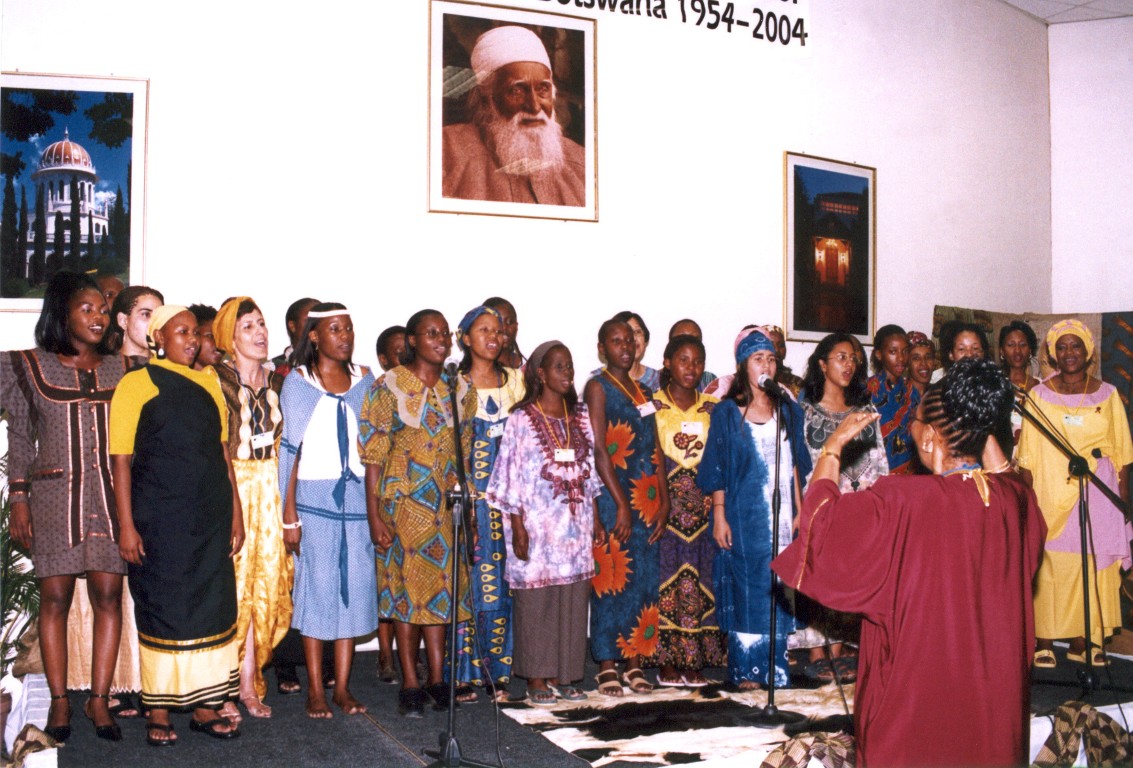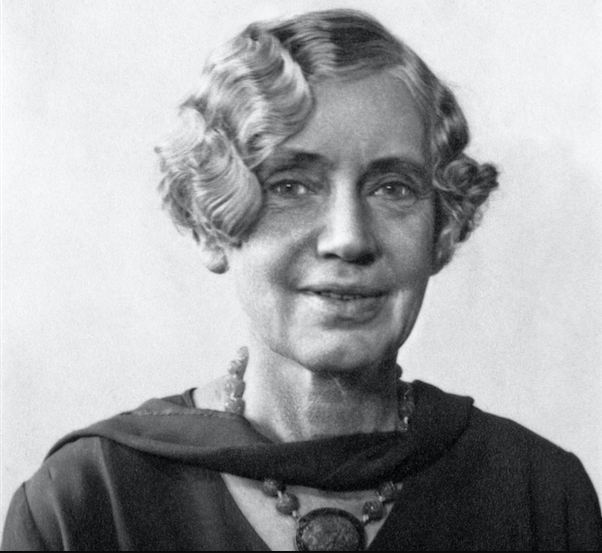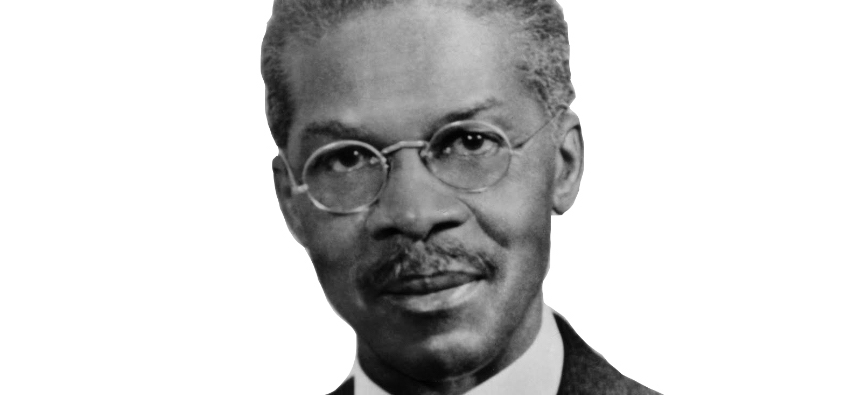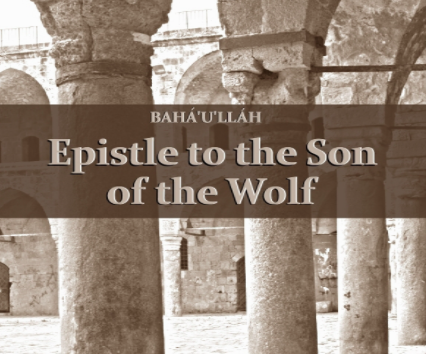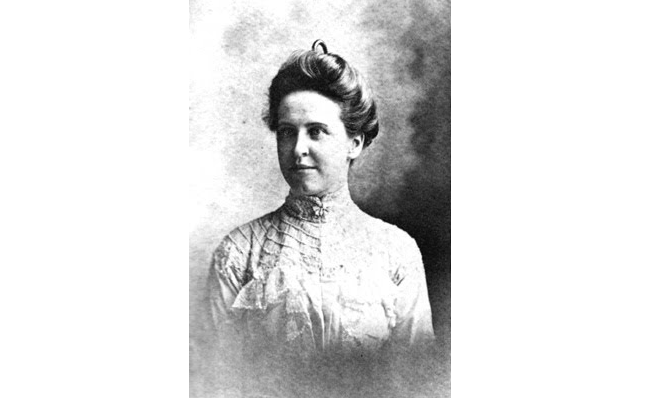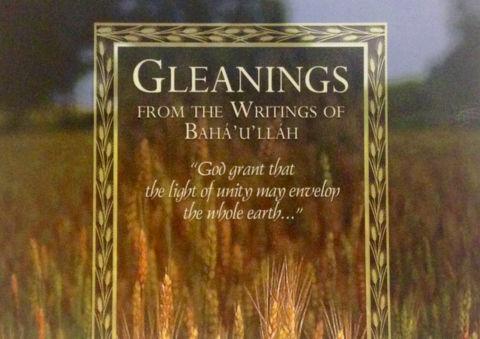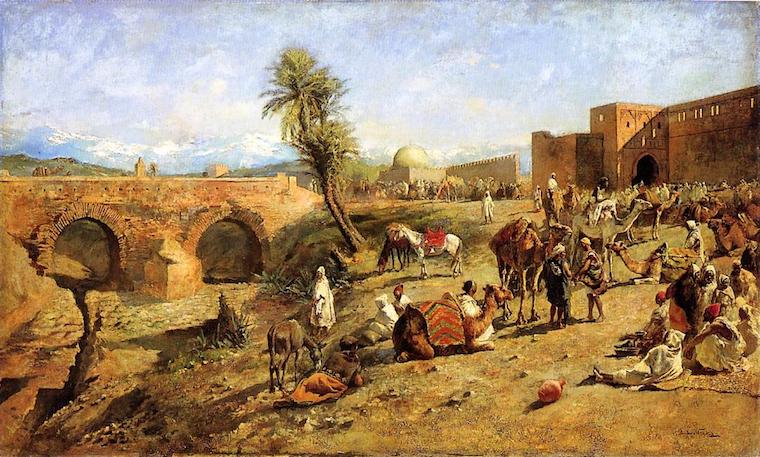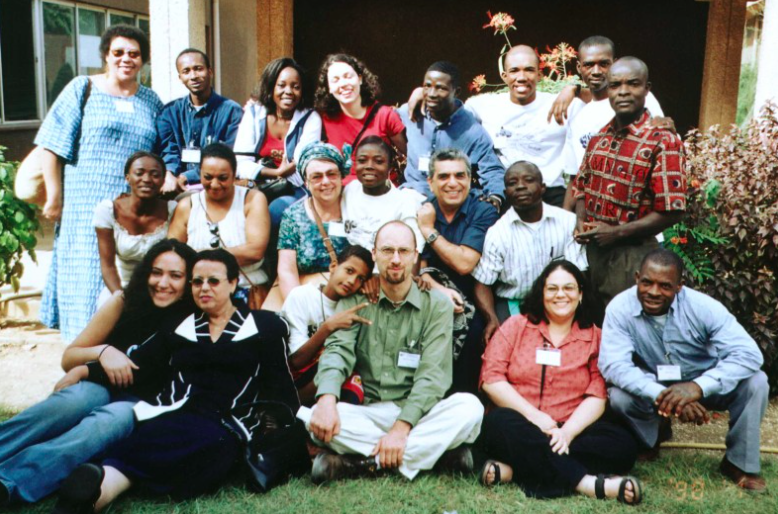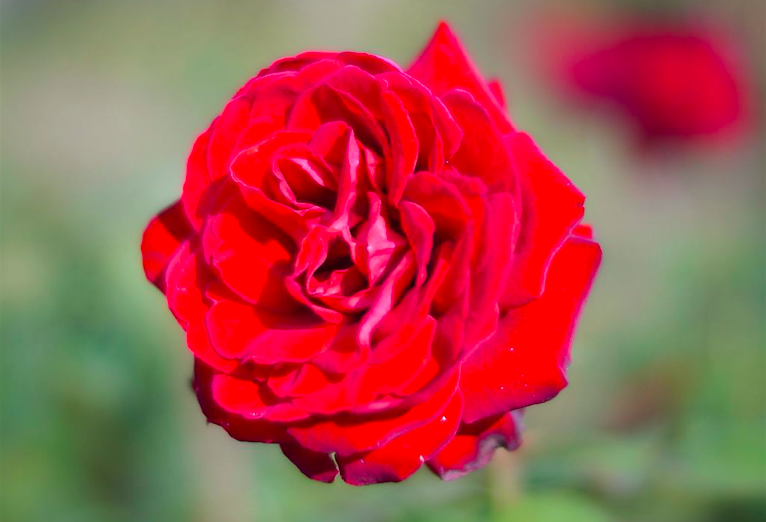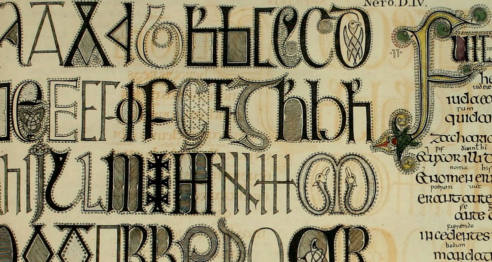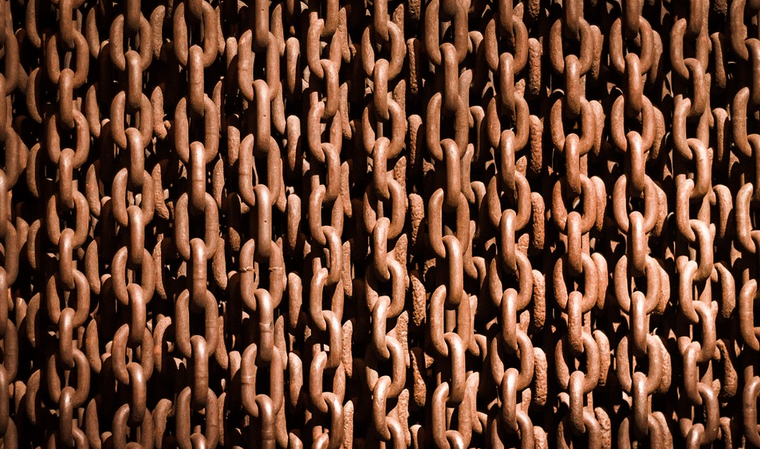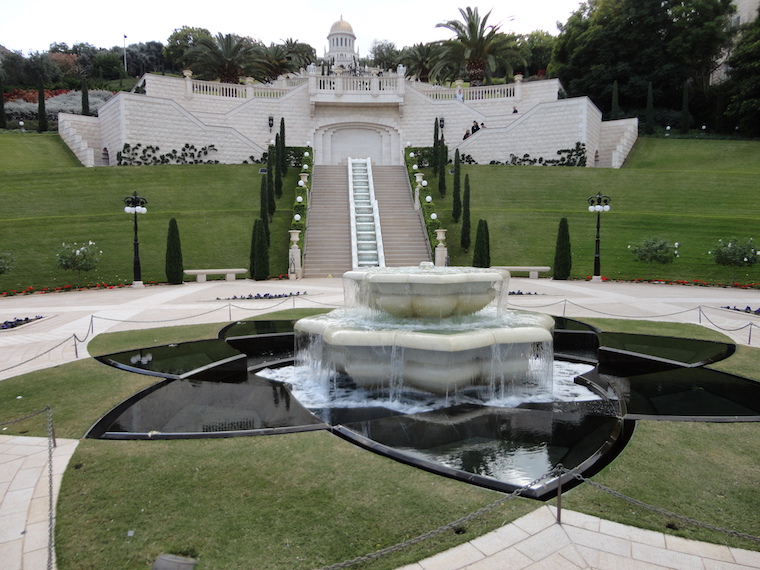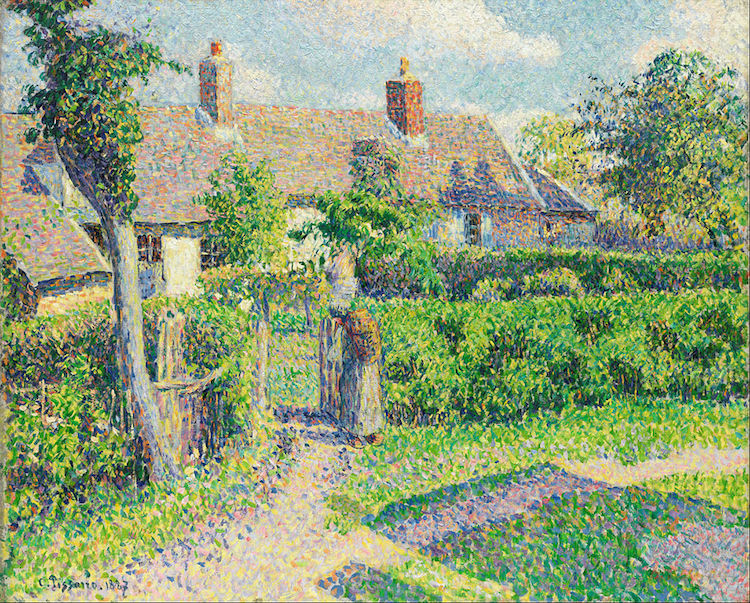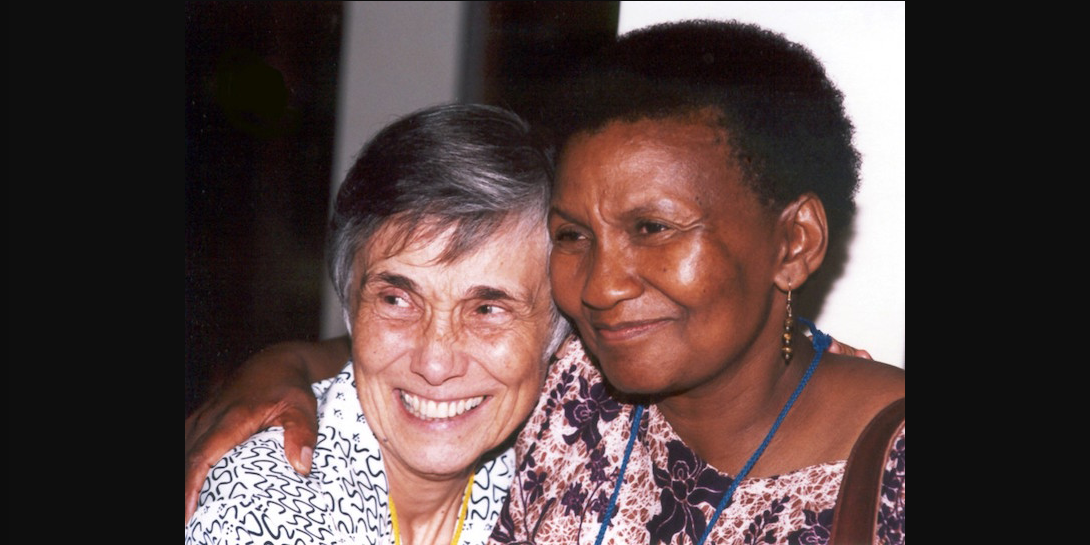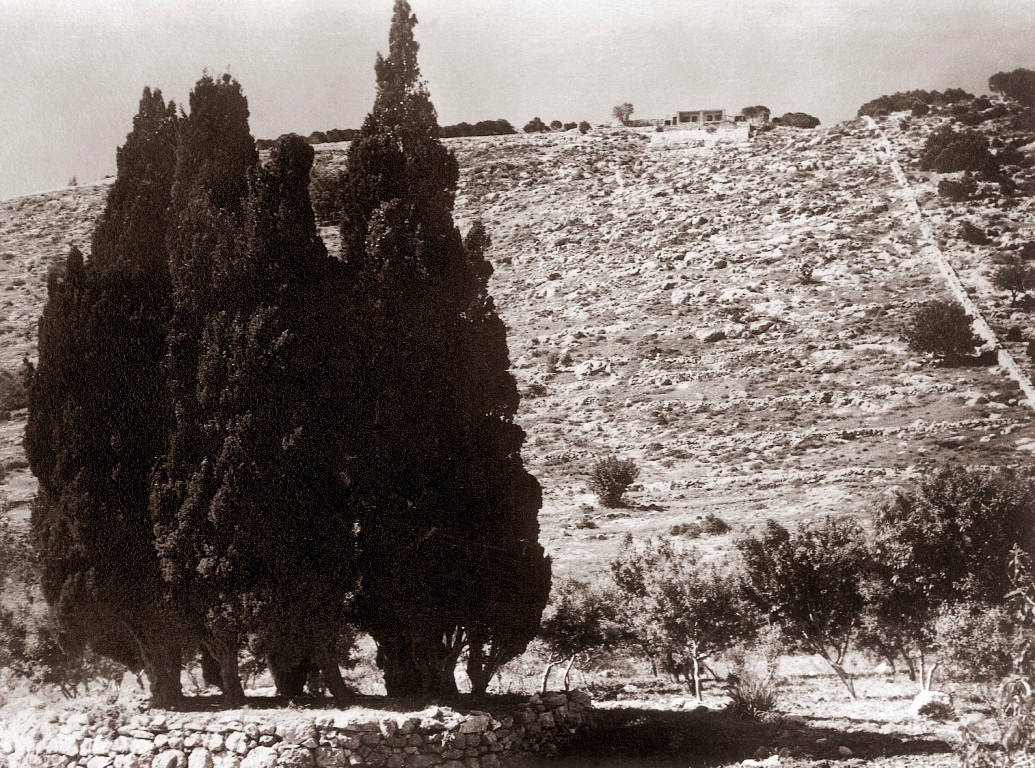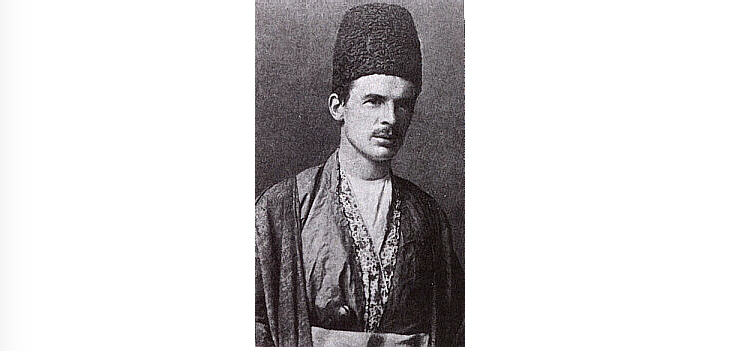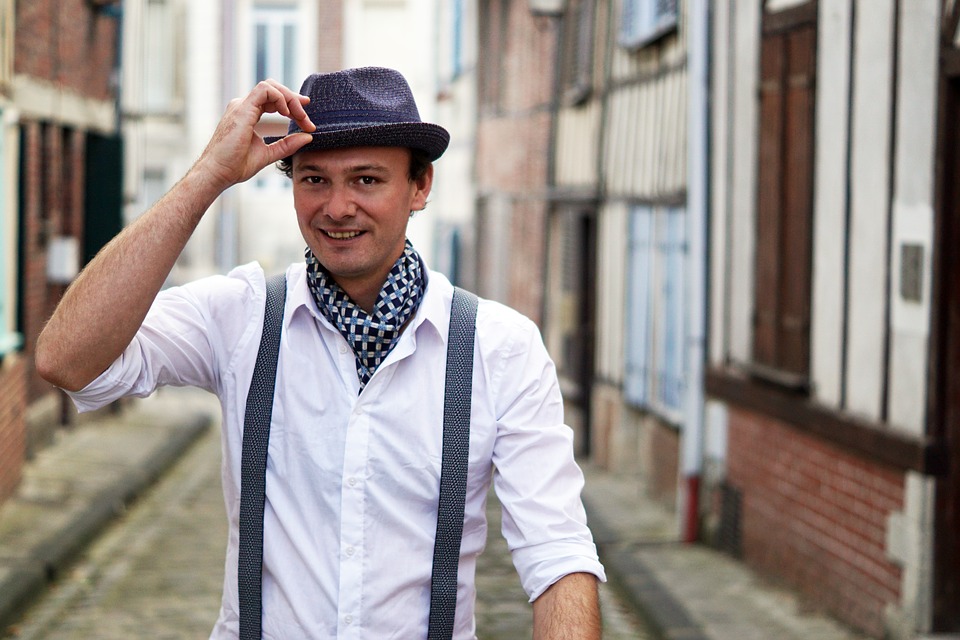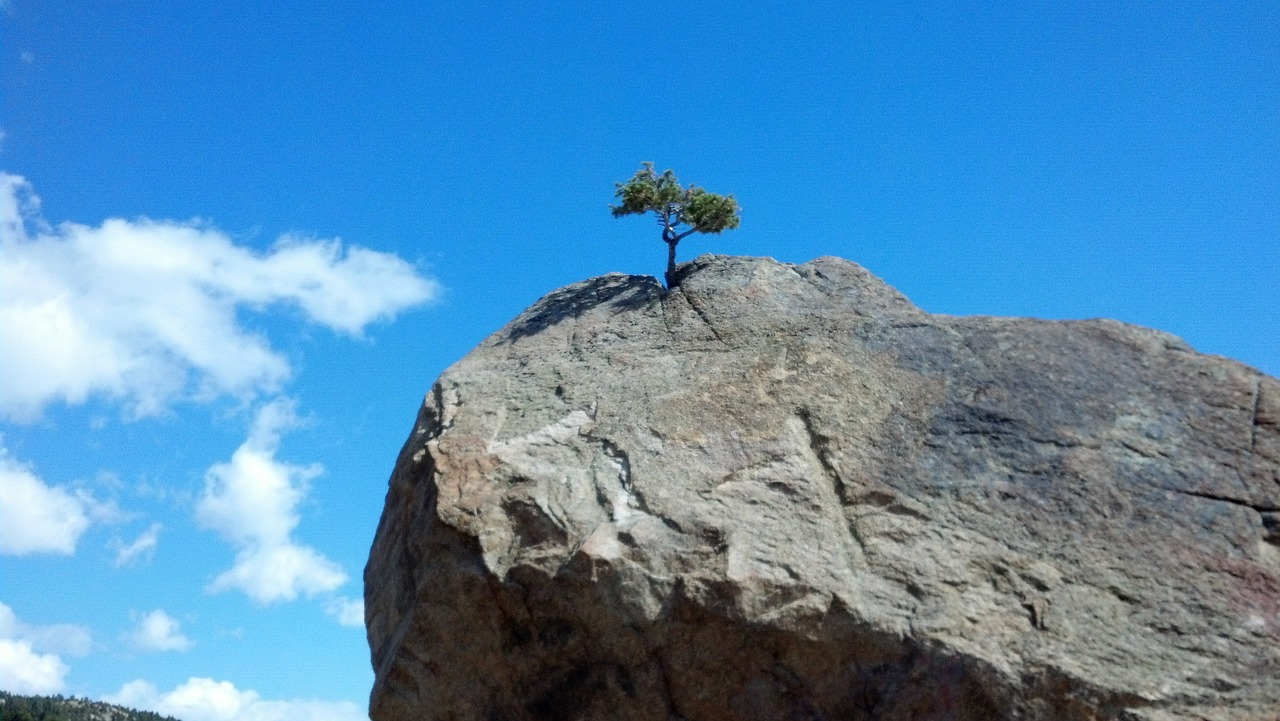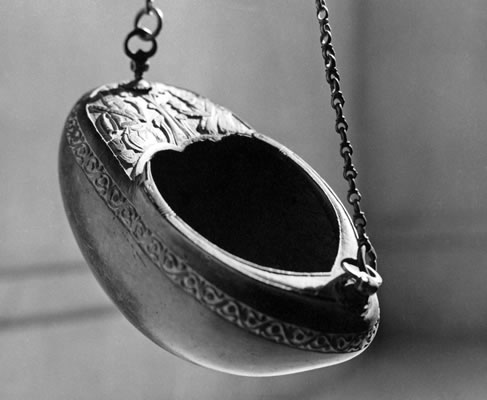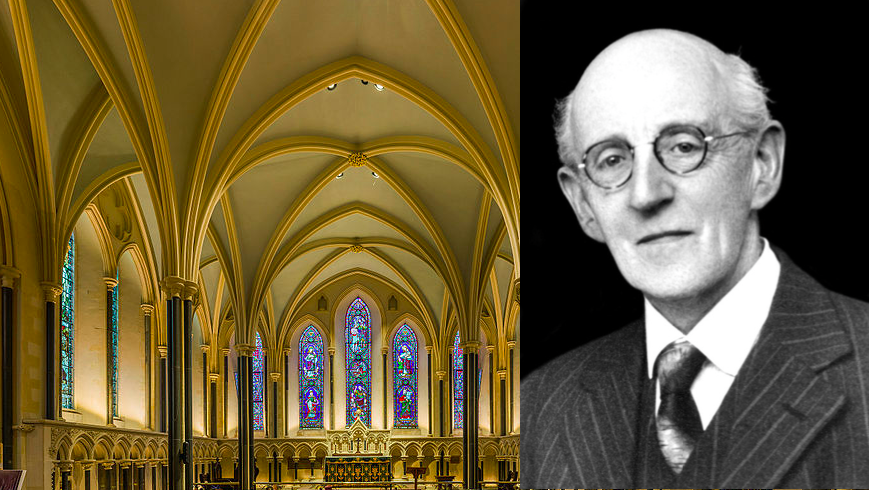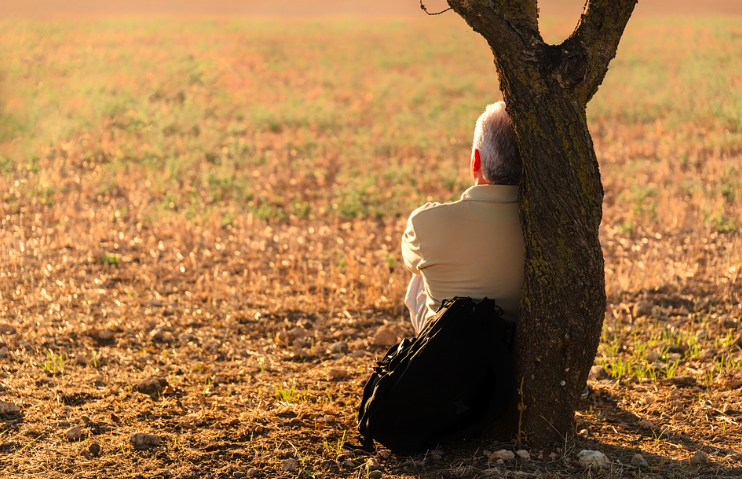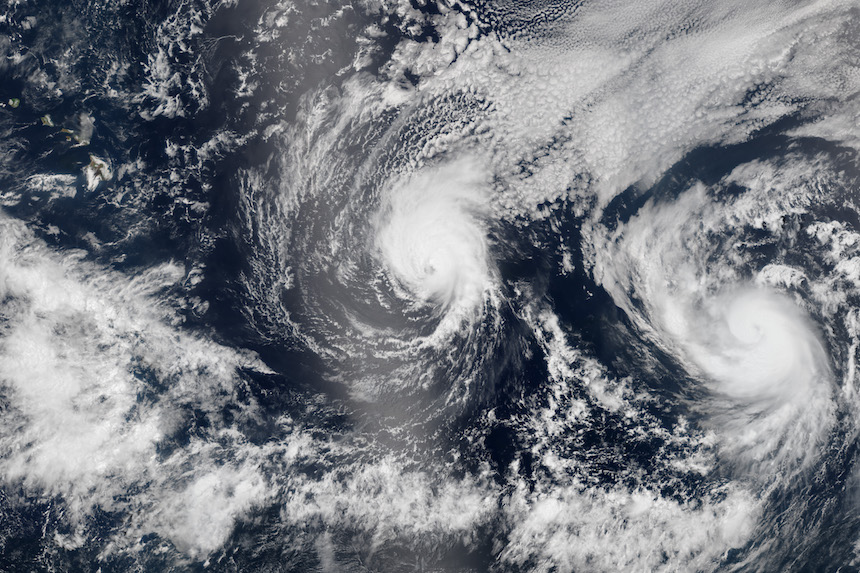-
Religious Institutions for the Era of Human Maturity
Bahá’u’lláh established a new faith. What would its institutions be like? In accordance with the wide ranging reforms across Bahá’u’lláh’s teachings – the religious institutions he designed are entirely new. In this article, these institutions are described. Future posts will explore complementary transitions in the nature of community life and the role of the individual. These also change in the age of maturity – as does the relationship between each of these three actors in society. Bahá’u’lláh does not adopt familiar religious models for the religious institutions he establishes. Indeed it is itself unique that he explicitly establishes, in his own writings, the institutions that are to administer the Baha’i community…
-
Newspapers – Mirror of the World
Newspapers and their more recent digital descendants are the lens through which we see the world. Recently the role of the media has been a subject of intense public scrutiny. Baha’u’llah commented on newspapers in the 19th century. In this Day the secrets of the earth are laid bare before the eyes of men. The pages of swiftly-appearing newspapers are indeed the mirror of the world. They reflect the deeds and the pursuits of diverse peoples and kindreds. They both reflect them and make them known. They are a mirror endowed with hearing, sight and speech. This is an amazing and potent phenomenon. However, it behooveth the writers thereof to be…
-
Louis Gregory – Service to the Oneness of Humanity
Slavery was not a tale read from dusty history books for Louis Gregory. It was a close family memory. Louis Gregory was born in 1874. Both Louis’ parents had been freed from slavery by the civil war. His grandmother on his mother’s side, was an African transported to America as a slave in the Atlantic slave trade, and his grandfather was her white master. When Louis was four his father died. At age 7, Louis Gregory witnessed the murder of his African American grandfather by the Ku Klux Klan, because of his grandfather’s success as a blacksmith. At age 17 Louis lost his mother, who died in child birth. From these difficult beginnings, his life began…
-
Gleanings from the Writings of Bahá’u’lláh
When Shoghi Effendi was a young man at Oxford University, he didn’t imagine that he would become the leader of the faith which his great grandfather – Bahá’u’lláh – had founded. What Shoghi Effendi wanted to do was translate the Baha’i writings into English. Accordingly, he was focussed on acquiring a mastery of English sufficient to adequately translate Bahá’u’lláh’s writings. Despite the many duties of his office as Guardian of the Baha’i Faith, an office he held from 1921 until his passing in 1957, Shoghi Effendi found time to realise the dream of his youth. One of his gifts to the Baha’i community, was an anthology of selections from Bahá’u’lláh’s writings known as Gleanings from the…
-
Taking Things Too Literally vs. Interpreting Texts for the Oneness of Humanity
Taking things too literally – particularly religious texts – can be a problem – as we tragically see in our world. In some cases it contributes to murderous results. In other cases it creates irresolvable conflicts between communities and points of view. This article discusses how Bahá’u’lláh interprets religious texts to lay the foundations of unity. As noted in previous articles, the overriding purpose of Bahá’u’lláh’s life’s work is the fostering of unity and friendship among human beings. How we understand and interpret religious texts affects our ability to build unified harmonious communities. To take one dimension, overly literal readings of religious texts is one factor which holds back a coherence between scientific and…
-
Consultation
It’s wonderful to speak about the unity of humankind. Who doesn’t want a peaceful world in which conflict is no more and all human beings have a safe and decent place in our world? Like all beautiful ideas – its easy to talk about but challenging to achieve How, in practice, do you build the unity of humankind and heal the many fractures in the body of humanity? Of course there is no magic wand that instantly solves all problems. Nor is it something that can possibly be achieved without the systematic and ongoing effort of a large proportion of humanity. Baha’u’llah was centrally concerned with the problem – and his life’s…
-
We can Change the Whole Atmosphere And That’s Not Good
Among Bahá’u’lláh’s prophetic warnings – one of the most striking is the capacity of human beings to change the whole atmosphere. The prediction, among other things, anticipates the idea of the Anthropocene. Strange and astonishing things exist in the earth but they are hidden from the minds and the understanding of men. These things are capable of changing the whole atmosphere of the earth and their contamination would prove lethal.[1] I am not aware of anywhere where Bahá’u’lláh further elaborates on what particular substances he had in mind. The warning though comes in the context of the more general warning of the need for moderation in civilization – that if carried to excess…
-
Courage
Mona Mahmudnizhad’s short life was crowned with courage. It’s not the kind of courage that most us of imagine having. We saw the courage of George Townshend who set out his belief in Baha’u’llah knowing it would deprive him of his livelihood. Lidia Zamenhof also courageously faced death to be with friends and family. Baha’u’llah’s own life was a life of courage – facing decades of suffering for his teachings. not for a moment did I allow Myself to be hidden from the eyes of men, nor did I consent to shield My person from their injury.[1] Although these stories are in an altogether higher league, it is clear that some level of courage…
-
George Townshend – from Cathedral to Coherence
This article needs to begin with some of George Townshend’s words – as he was above all a writer. The “Hidden Words” is a love-song. It has for its background the romance of all the ages—the Love of God and Man, of the Creator and His creature. … Strange, … that this devotional volume, so beautiful in its thought and also (it is said) in the classic purity of its style, should never have drawn to itself the attention of an English scholar and should remain after seventy years unknown to the religion and the culture of the West.[1] George Townsend wrote this in 1930, almost 90 years ago. The strangeness still persists.…
